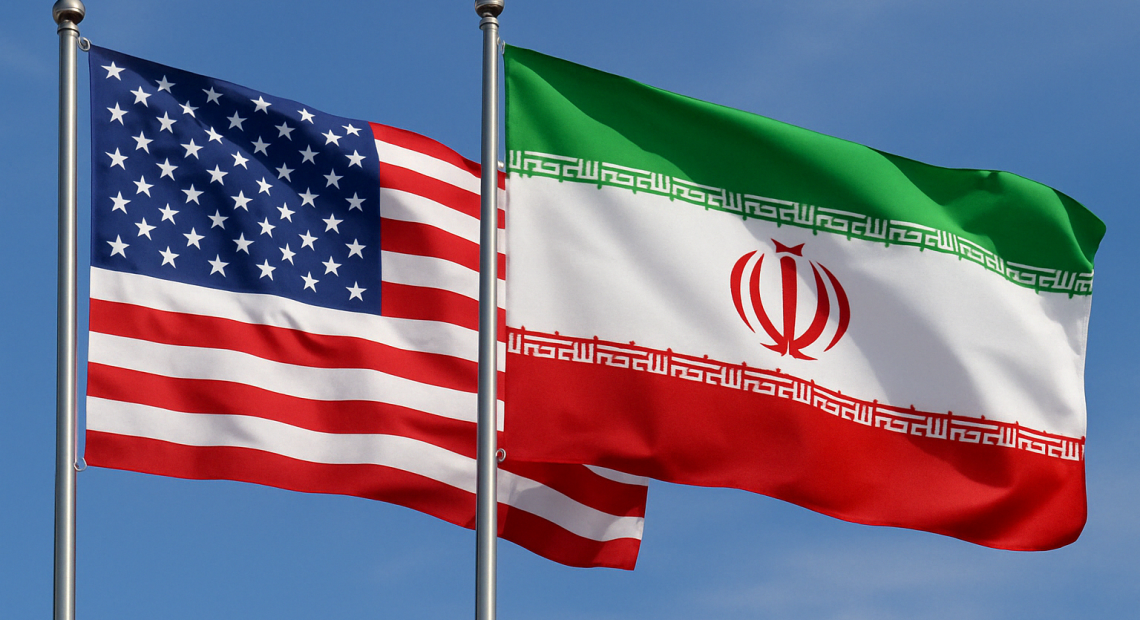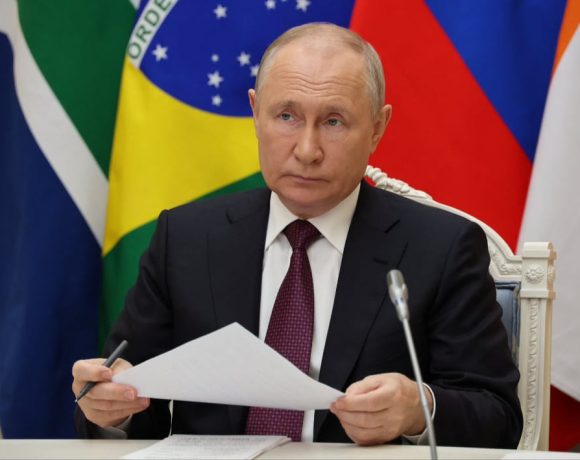
Iran Warns U.S. Over Potential Israeli Strikes on Nuclear Sites
In a sharp escalation of regional tensions, Iran has warned that it will treat the United States as a direct participant in any Israeli military strike on its nuclear facilities. The warning comes amid reports that Israel is preparing potential unilateral strikes on Iranian nuclear sites if ongoing diplomatic efforts collapse.
Iranian Foreign Minister Abbas Araghchi stated unequivocally that any Israeli aggression against Iranian nuclear infrastructure would be viewed as a joint action with the United States. He noted that Tehran may activate undisclosed protective measures and notify the International Atomic Energy Agency (IAEA) only after they have been executed, hinting at a hardened defensive posture and the possibility of retaliatory steps.
This declaration signals Tehran’s growing frustration with perceived Western double standards and foreshadows a risk of military confrontation if diplomacy fails to yield results.
Ongoing Nuclear Negotiations
The warning arrives as sensitive nuclear negotiations between Iran and the United States continue under Omani mediation in Rome. While Washington demands a complete cessation of uranium enrichment, Iran argues for its sovereign right to enrich under the terms of the nuclear non-proliferation treaty (NPT).
Currently, Iran enriches uranium up to 60% purity—far above the 3.67% cap agreed in the 2015 Joint Comprehensive Plan of Action (JCPOA), which was unilaterally abandoned by former U.S. President Donald Trump. The U.S. seeks a return to a stricter compliance regime, but Iran has maintained that any compromise must also include relief from economic sanctions.
Supreme Leader Ayatollah Ali Khamenei has cast doubts on the talks’ credibility, describing U.S. demands as excessive and reaffirming Iran’s commitment to what it views as peaceful nuclear development.
Regional Implications
The Iranian Revolutionary Guard Corps (IRGC) has added to the chorus of warnings, stating that any Israeli military action would be met with a “devastating response.” Military analysts suggest that any such retaliation could involve Iran’s network of regional proxies and ballistic missile capabilities, potentially triggering a broader regional conflict.
This standoff places immense pressure on global diplomacy. With the U.S. presidential race gaining momentum and the Israeli government under domestic pressure to counter Iran’s nuclear progress, the likelihood of miscalculation has increased.
International stakeholders—including the European Union, Russia, and China—continue to urge restraint and emphasize the importance of resolving disputes through diplomatic channels. However, with both sides entrenched in their positions, the risk of military confrontation looms large.
As negotiations teeter on the edge, Iran’s warning highlights not just the fragile state of Middle East diplomacy, but also the global stakes tied to its nuclear future.


















